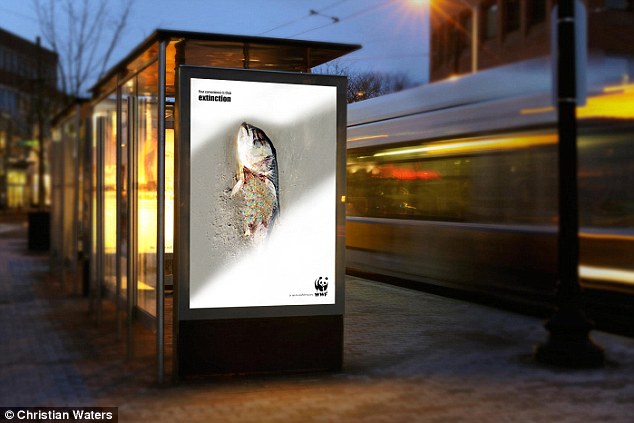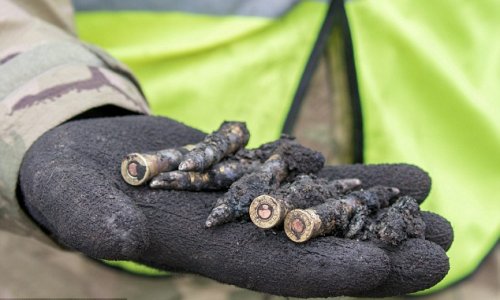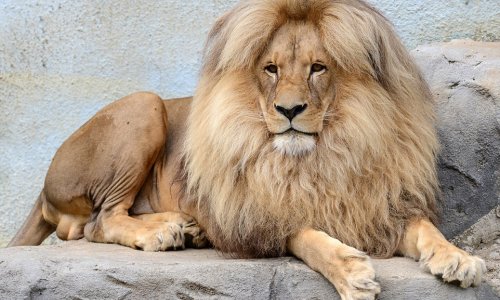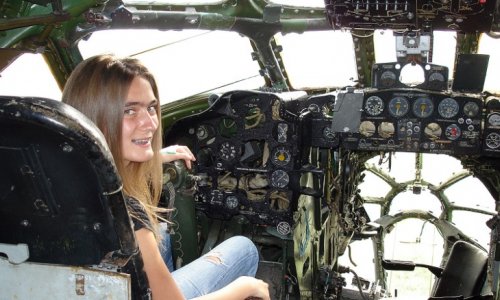You may not think it very much - a used ice cream tub on the beach, a cigarette butt in the sand, exfoliating body wash down the drain.
But these little pieces of litter amount to around 8.8 million tons of trash in the world's oceans, poisoning and choking sealife, according to figures from the World Wildlife Foundation (WWF).
Now, in a stunning set of photoshopped images titled The Price Of Convenience, aspiring ad designer Christian Waters has laid bare the devastating effects casual littering has on defenseless creatures.
Scroll down for video
In one image, subtitled 'your convenience is their extinction', a sea turtle's shell is hollowed out and filled with banana skins, soda cans, and indecipherable debris.
Another features a sea lion wrapped and suffocated in a plastic garbage bag.
The third brings to light the very real epidemic of microbeads - found in soaps, body washes and toothpaste - which get into the water system and choke fish who swallow them.
'It is shocking the amount of trash in the oceans,' Waters, 23, told Daily Mail Online, describing his project which he has pitched as a campaign to the WWF. 'We are treating these animals like trash cans.
When you leave litter on the beach we are treating the ocean like a trash can. When you throw trash over the side of a boat, you're treating the ocean like a trash can. And when you leave litter at a beach festival or party, it's the same.
'Obviously it would be impossible to clean the oceans but I felt I had to try something.'
Pennsylvania-born Waters, who is based in Beijing, explained that he, like many other Westerners, has always been aware of environmental concerns but did not exert himself to do something about it.
'These animals don't have voices so we've got to speak up for them.'
The fish covered in colorful specks is an attempt to highlight the little-reported battle to save fish from micro beads, which can be found in many soaps, body washes and toothpastes.
Fish consume the beads, presumably believing them to be edible, then very often choke or suffocate as they get lodged in their gills.
'This one goes all the way back to the manufacturers. But people need to be aware of it to make a difference.
'It is understandable that fish and turtles eat whatever trash they find - trash isn't meant to be in the ocean; how do they know it's not edible?'
Waters has not yet received a response from WWF regarding his portfolio images as he explores work opportunities at ad agencies in east Asia.
For now, he says, he is inspired to develop more campaigns that raise awareness of environmental concerns.
(dailymail.co.uk)





www.ann.az
Follow us !











